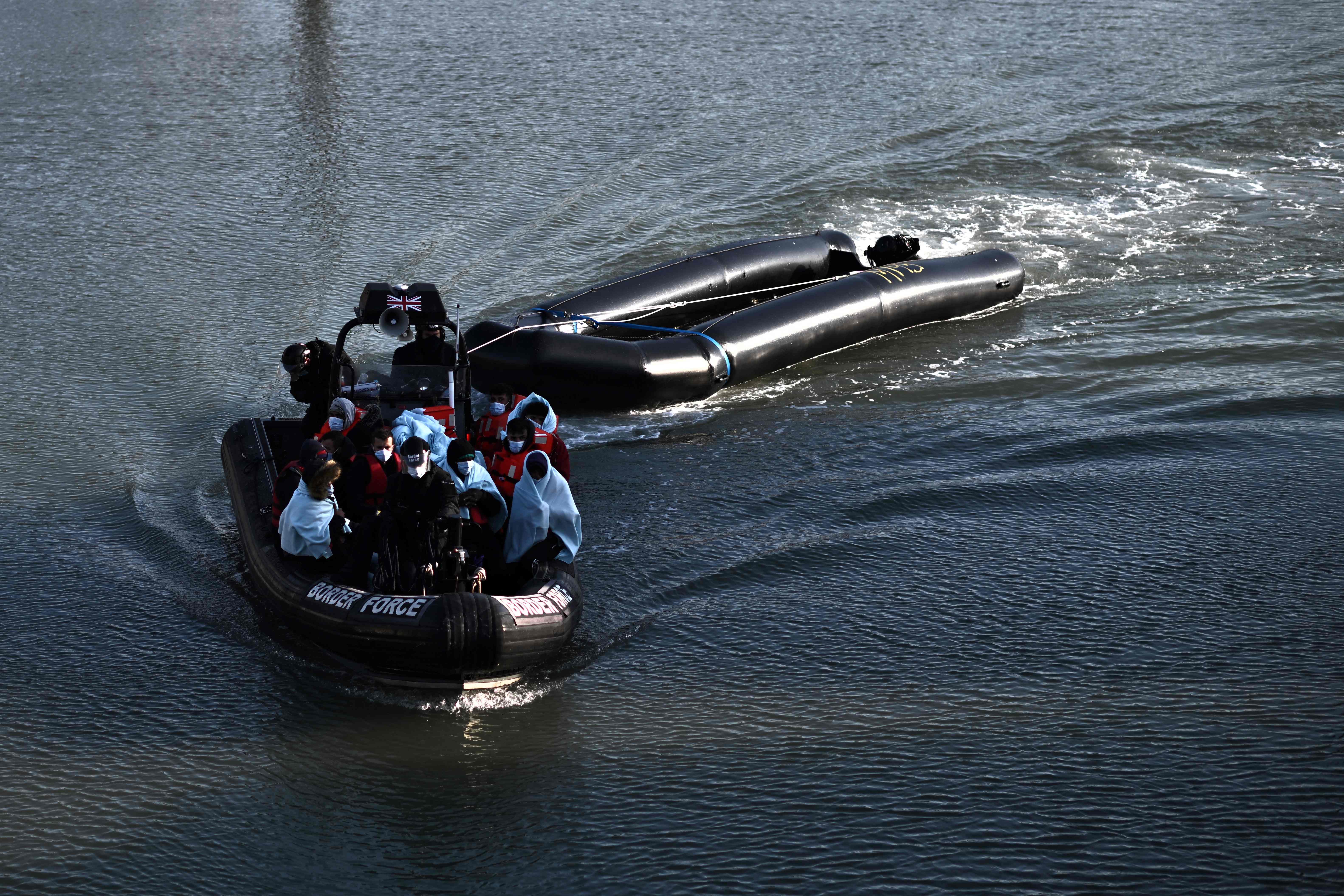The Rwanda refugees plan flies in the face of Christian teachings
The government’s plan is troubling because we are discharging our responsibility to welcoming the stranger, writes Paul Butler


In the House of Lords over the past few months, I have been contributing to debates on the Nationality and Borders Bill – engaging with the government’s desire to reform the asylum system. My starting point is the Christian commitment to welcoming the stranger, treating them as we would each other. How we treat people who arrive on our shores seeking protection is therefore deeply important to me, and I believe this reflects the heart of our nation.
The government’s plan to remove asylum seekers to Rwanda is troubling to me because we are discharging our responsibility to welcoming the stranger. I agree, we need to stop the tragic loss of life on our borders as desperate asylum seekers make dangerous Channel crossings in small boats. But I fear the Rwanda deal will not stop this. It will instead cause huge suffering and distress to vulnerable people while severely damaging the UK’s reputation worldwide.
Under the government’s plan, asylum seekers will be sent to Rwanda where they can claim asylum within the Rwandan system if they choose. They would remain in Rwanda if they are found to be refugees – some may be returned if the UK is found to be legally obliged to facilitate that.
On the one hand we are told of the opportunities Rwanda will offer to asylum seekers, and on the other we are told this will be such a deterrent that asylum seekers will stop using people smugglers to cross the Channel and will instead choose to remain in France.
Deterrents without safe routes do not reduce irregular arrivals of asylum seekers, as recent history has shown us – if it did then then the “hostile environment” plan would have had the desired impact. Equally, increased securitisation around Calais and the Eurotunnel have moved smugglers to offer routes across the Channel in small boats. Without safe alternative routes, asylum seekers will continue to rely on smugglers who have no hesitation in offering them more dangerous routes.
Home Office data tells us that those arriving in small boats are asylum seekers and not economic migrants. Ninety-eight per cent of those crossing in small boats claim asylum and some of the most common nationalities of those arriving – namely Iran, Eritrea, Syria and Sudan – are from countries who have refugee grant rates at initial decision over 89 per cent.
We cannot therefore assume that by the method of their travel they are not requiring protection. As we see with Ukraine, most refugees will remain in neighbouring or other European countries but some will come to the UK – because of family, language or another connection.
To keep up to speed with all the latest opinions and comment, sign up to our free weekly Voices Dispatches newsletter by clicking here
Solutions we should be pursuing involve collaborating with our European neighbours, expanding refugee resettlement to countries where those arriving in small boats originate, expanding refugee family reunion and exploring humanitarian visas to provide a safe route to the UK for asylum seekers with specific links here.
Improving Home Office decision-making is crucial so that correct decisions are made within six months – reducing asylum support spending, enabling refugees to move on with their lives, or humane removal of those who do not satisfy refugee status criteria.
Together with other peers, I have tabled amendments to the Nationality and Borders Bill proposing alternatives to improve the asylum system for both asylum seekers, refugees and the British taxpayer. All these amendments have been rejected by the government and the bill continues its journey between the Commons and the Lords.
My hope is that the government will choose to listen and engage with solutions that will work so that we can be confident our nation is truly honouring our responsibility to welcoming the stranger.
Paul Butler is the Bishop of Durham, at the Church of England






Join our commenting forum
Join thought-provoking conversations, follow other Independent readers and see their replies
0Comments